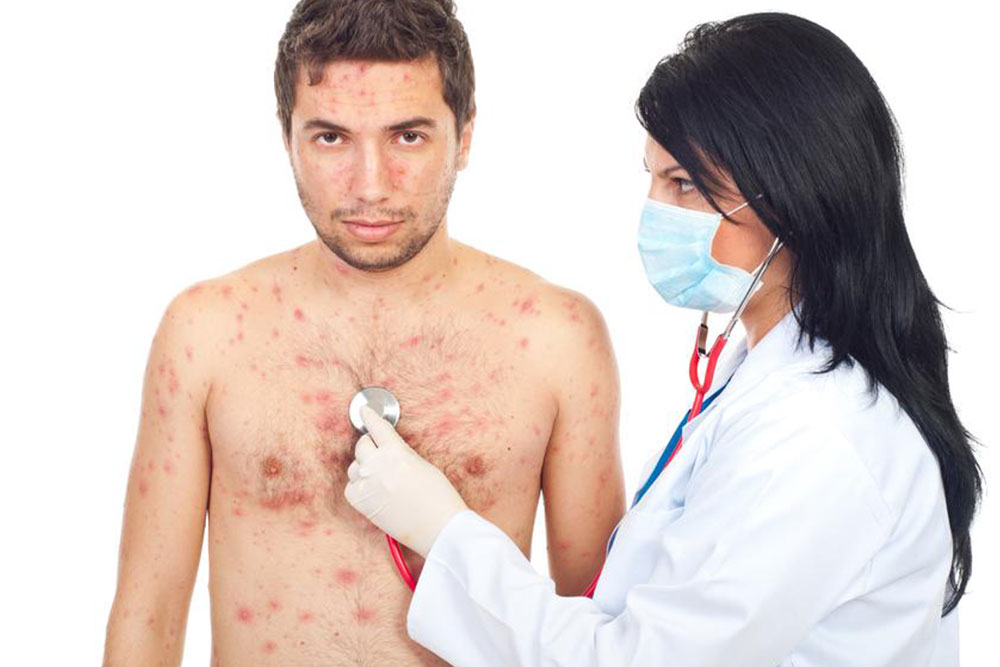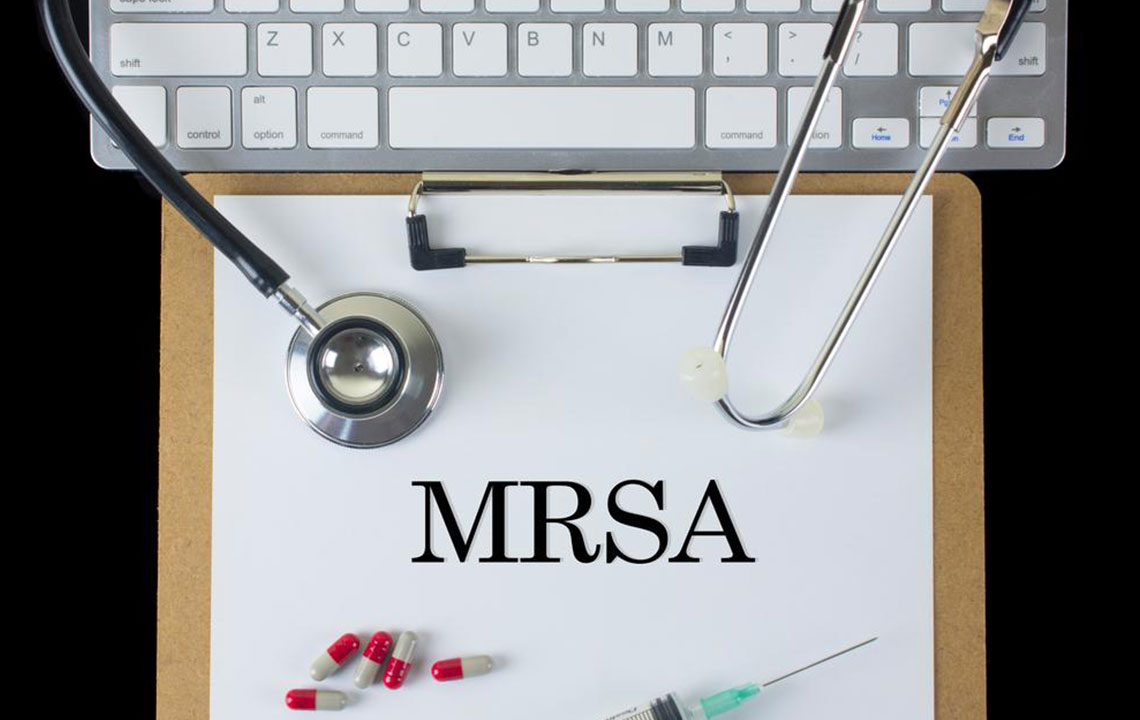Important things about staph infections you need to be aware of
Staph infections are caused by a bacterium known as staphylococcus which is round-shaped and is found as single or double cells and even in the form of clusters. Any part of the body can contract this condition. Typically, most staph infections begin by infesting the skin or the cuts on it. At times, they can enter the bloodstream and spread in different body areas causing alarming health conditions.
Any person can get a staph infection, but the individuals who are at a maximum risk of catching it are
- Newborn babies
- Diabetics
- People with fragile immune system due conditions like cancer, lung disorders, skin diseases, injuries, etc.

In case you are wondering what does a staph infection looks like, it is characterized by skin conditions like a sty, boils, furuncles or carbuncles and sometimes they can exhibit themselves in serious forms such as impetigo, cellulitis or folliculitis. On the other hand, if you are dealing with more dangerous sorts of internal staph infections then there might be signs of food poisoning, blood poisoning, toxic shock syndrome, pneumonia, sepsis, etc.
Milder forms of staph infections will be scrutinized with the help of physical exams and lab exams involving the testing of blood, tissue or secretion samples. Based on the results the doctor will recommend the best treatment plan. These can comprise the use of oral antibiotics, draining the wound or removal of the device (if your staph infection is caused due to a prosthetic or medical device). In the case of antibiotic resistance, doctors may introduce IV antibiotics which are stronger than the regular oral variants.
The onset of staph infections is unpredictable, but it can be easily taken care of with some simple precautions such as
- Covering the wounds If you have recently suffered from any cuts, keep it sanitized and covered with bandages until they heal and dry entirely.
- Washing hands Ensure that you regularly wash your hands, especially before eating or drinking something. If you don’t have access to water, then always keep a sanitizer bottle in handy.
- Don’t share personal items Often sharing personal products such as razors, clothing, makeup, towels, etc. can increase the risk of staph infections.
- Hygiene practices in home Like mentioned earlier, staph infections can spread via objects. So, make it a point to disinfect your bedsheets and clothing by washing them on a weekly basis with a good cleaning solution.
- Avoid tampons Toxic shock syndrome has become a common scenario in the past few years due to the use of tampons. Using this product for prolonged periods can initiate a staph infection, so ensure that you keep changing your tampons in every few hours. If possible replace them with sanitary pads.




